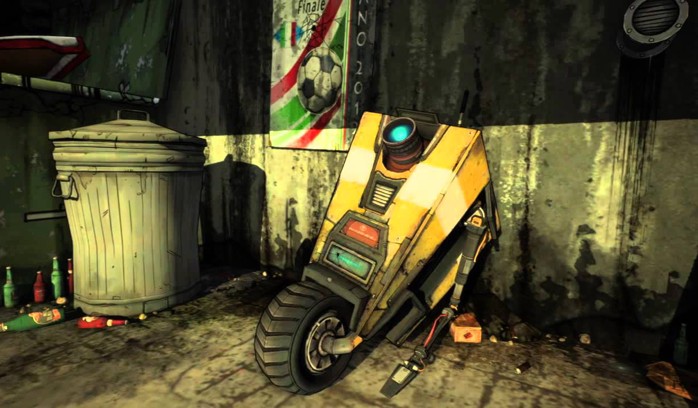One surprising thing about LLMs nobody is talking about
Small reflections on the unexpected of syntactic networks.

Large Language Models (LLMs) maybe be controversial, somehow, but I am still amazed by their mathematical properties. In this article, I will reflect on my favorite one.
This website will always be open. For bots, too.
Because offering free and accessible information is the most important thing.

In period where everybody seems to care about the use of our content, I decided to take a stance: I will always make my content available to everybody, human and non-human alike. Because copyright is a already a problem as it is.
The Freakout-Free Guide to Generative AI

I saw a bit of a heated debate around generative AI and AI art. So this is my “guide” for the general public, where I try to answer some common questions. What is generative AI? How does it work? What are its problems? What are their advantages? Do we all die because of it? (no).
Machine Consciousness is Inevitable

Can a robot become self-conscious? It looks like an interesting question, but it is not: machine consciousness is just inevitable. The true interesting questions are hidden in the details of how such consciousness will emerge and how it will look like.
The Trolley Cart Problem is not an AI problem

Every time there is a discussion on the future of AI-powered Autonomous Vehicles, somebody put the Trolley Cart Problem (TCP) on the table. And every time this happens, I am annoyed. However, recently, I saw some mutual followers studying AI and Computer Science talking about how TCP is a fundamental problem for the future of AI and autonomous vehicles. So I think it is time to speak it loud: the Trolley Cart Problem is not an AI problem! Let’s see why.
Overview of Three Techniques for Procedural Storytelling

Inspired by a recent paper I read this week, I decided to explain the three major “classic solutions” to the generative storytelling problem: Simulation, Planning, and Context-Free Grammars. Let’s what they are and what to choose.
Marginalia: Rebooting AI by Gary Marcus and Ernest Davis

With this new year, let’s try a new format. Marginalia will be a series in which I’ll share notes and comments on interesting books I read. The name is directly inspired by the old word indicating the small notes on the margins of books.
It will be a chance to discuss my readings without the need to write a full-fledged article. I hope it will be interesting as a review of the book or as a discussion starter. So, let’s start.
Artificial Anxiety and the problem "Mental Issues" in AI

Anxiety is a human mind bug. This may seem a strange claim, but I cannot find a better explanation for anxiety disorders. In fact, we can see pathological anxiety as the undesired consequence of our ability to think about the future. Being scared about a life-threatening event in the near future is a valuable ability: it helps us to survive, avoid danger and, in short, make our species survive. That is one of the reason our species has been so successful in nature\[1\].
When cheating with a robot is really cheating?

Hi guys. I wrote a small reflection on the future of Artificial Intelligence. The question is always the same: when would we consider a robot as a “living beings” with self-awareness, emotions and all the human equipment? My point is that we could stop asking ourselves this question because soon or later sex-robots will provide us the answer. Anyway, this is the article I wrote on Medium. Take a look. :)
